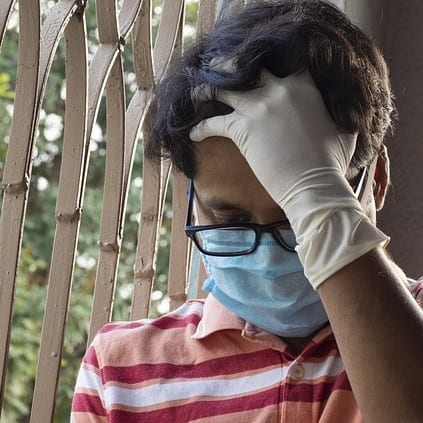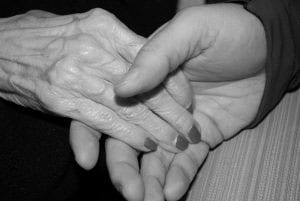According to a story from The Philadelphia Inquirer, 25 year old Gabby McNary isn’t taking any risks when it comes to the coronavirus/COVID-19 pandemic. Philadelphia was hit hard by the virus early on, and Gabby, who lives just outside the city, recently tested positive for Huntington’s disease, a rare disease. While she doesn’t know how this diagnosis could affect her response to infection with the virus, she isn’t interested in finding out firsthand.
“I can’t even wrap my head around the younger crowd that’s partying and not listening to guidelines.” – Gabby
Stay Home
Many citizens are exasperated by scenes of young people milling about in bars and restaurants around the country without social distancing or masks, but this can be especially frustrating for young people living with a chronic illness or rare disease. As the pandemic continues worse than ever in multiple states around the country, recent statistics suggest that young people are making up a greater percentage of cases than before.
COVID-19 with a Rare Disease
While chronic illnesses or rare disease states don’t usually increase the risk of infection, it is a major concern for those with conditions that suppress the activity of the immune system. At the end of the day, even people with perfectly healthy immune systems will get infected if they are exposed. Internal medicine specialist Sheila Quinn says that the real issue is that these patients will face a much more serious (and potentially lethal) disease course if they get it.
These patients have probably already incorporated efforts to distance and self-isolate into their daily lives, but with the pandemic going on they often feel that they need to do it even more strictly. The needs of the rare disease and chronic illness community are frequently overlooked and the failure of government authorities to control the virus can have more dire consequences for them; meanwhile, guidelines and reopening procedures have not taken into account these populations practically at all.
These problems can seem even further compounded for younger patients who are often expected to be sociable and healthier than the general population. The pandemic has also caused delays in treatment and problems with access to doctors.
Gabby has made efforts to build community through the Huntington’s Disease Youth Organization, which she heads the local chapter of. The group has held virtual game nights and hangouts.
“When you finally find your people who you feel close with and connected to and can’t see them because of COVID-19, it’s hard,” Gabby says. “We’ve had to very quickly figure out ways to remain connected.”








